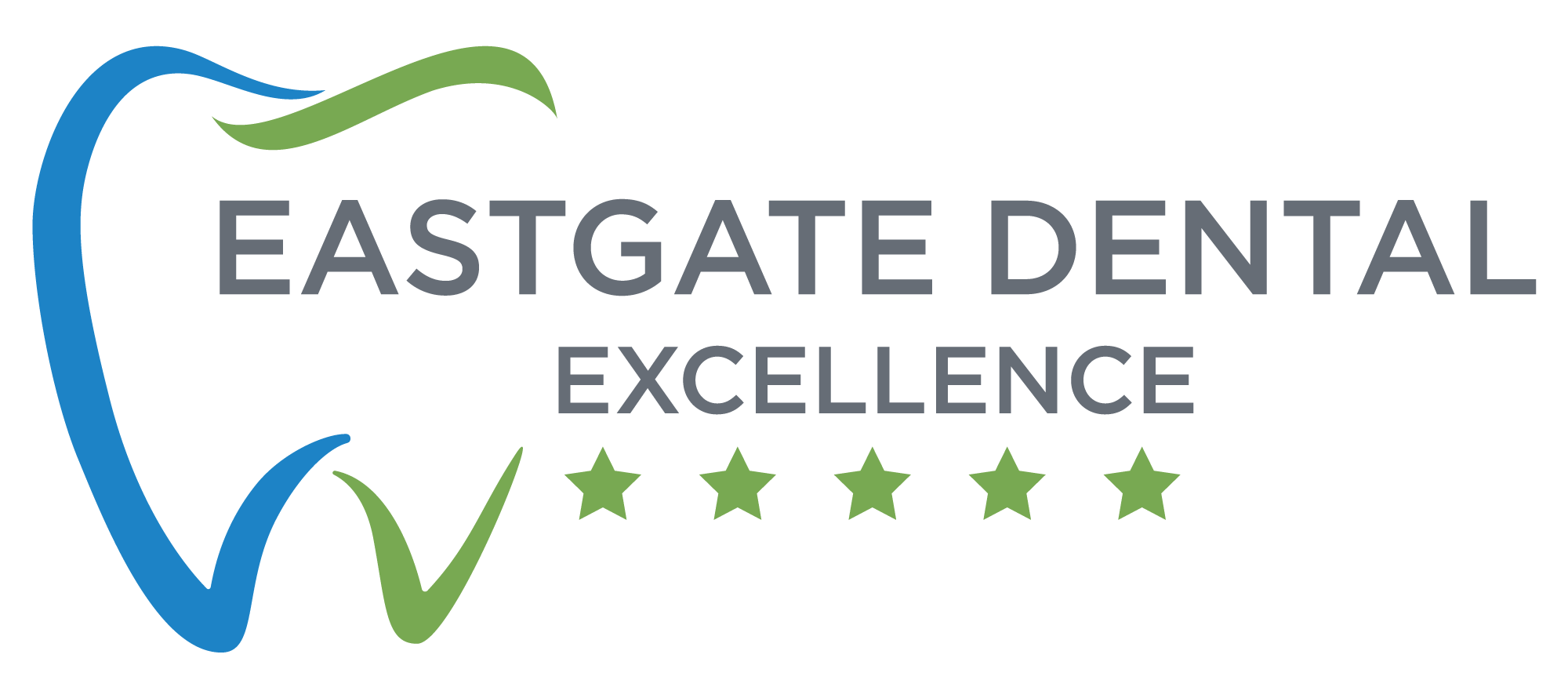Jaw pain is one of the most common complaints received in the dentist’s office. Whether a patient experiences nearly constant pain, has discomfort while chewing, or finds they wake up with jaw pain every morning, our dentists can help them resolve the underlying cause and find relief from the ongoing discomfort.
7 Possible Causes of Jaw Pain
1. Temporomandibular Joint (TMJ) Disorder
Temporomandibular joint disorder, sometimes called TMJ disorder for short, is the most common reason people experience pain in their jaw muscles and joints. About 1 in 8 people suffer from temporomandibular joint disorder, and women are more likely to have it than men.
Several different factors can cause or contribute to TMJ disorder including:
- Genetics
- Bruxism (grinding teeth or clenching jaw)
- Overuse
- Injuries
- Arthritis
- Tetanus
- Muscle inflammation
- Jaw misalignment
- Malocclusion (misaligned teeth/bite)
In addition to jaw pain, individuals with TMJ disorder might also experience the following symptoms:
- Clicking or popping sound in temporomandibular joints
- Lockjaw or jaw stiffness
- Pain or difficulty chewing
- Pain, achiness, or burning sensation in ears, face, and jaw
- Tinnitus (ringing in ears)
- Frequent or constant headaches
- Dizziness
- Vision disturbances
There are a variety of treatments and therapies available to address TMJ disorders by either relieving symptoms or directly addressing the underlying cause. Treatments include medications, exercises, meditation, mouth guards, and surgery.
2. Dental Problems
Next to TMJ disorder, there are a slew of dental problems that are also commonly responsible for jaw pain. Common teeth problems that can lead to jaw pain include:
- Toothache due to a cavity or abscess
- Overly crowded teeth
- Cracked or broken teeth
- Sensitive teeth
- Severe gum disease
- Malocclusion (misaligned teeth/bite)
- Bruxism (grinding teeth or clenching jaw)
- Wisdom teeth coming in or impacted wisdom teeth
If you’re experiencing jaw pain or any of the above concerns, schedule an appointment with our dentist right away. In the meantime, rinse with saltwater to discourage bacterial infection and relieve any pain with over-the-counter acetaminophen, ibuprofen, or naproxen.
3. Injury or Trauma
Like any bone or joint in the body, the temporomandibular joints and jawbone are susceptible to injury. Getting hit or having an impact on the jaw can knock the joints out of alignment or even fracture the bone. If your pain, swelling, or bruising doesn’t start to clear up after a few days, you should schedule an appointment with your doctor to ensure everything heals properly.
4. Sinusitis
Sinusitis is caused by an inflammation of the nasal cavities or sinuses. Allergies, cold viruses, and other conditions can all cause sinusitis. When the sinus cavities located behind the cheeks (maxillary sinuses) become inflamed, this can lead to jaw pain, sensitivity, and discomfort on one or both sides.
Jaw pain caused by sinusitis usually occurs with one or more of the following symptoms:
- Nasal congestion
- Post-nasal drip
- Yellow or green-colored mucus
- Pain or pressure in the ears
- Facial swelling, pain, or pressure
- Pain when moving head
- Loss of sense of taste and/or smell
- Fatigue
These symptoms will usually resolve within a few days. However, if your symptoms persist, you should schedule an appointment with your doctor to treat the underlying condition causing your sinusitis – especially, if it’s caused by allergies or bacterial infection.
5. Joint Problems
Rheumatoid arthritis is an autoimmune disease that leads the body’s immune system to attack healthy cells. When this condition damages the soft tissues that lubricate and cushion the temporomandibular joints, it can lead to jaw pain.
6. Contagious Diseases
Although most children and adults are vaccinated against diseases that can cause jaw pain, some people still contract them. Both tetanus (a bacterial infection) and mumps (a viral infection) can cause lockjaw and severe jaw pain.
7. Heart Attack
Jaw pain – especially acute pain that occurs on one side – can be an early sign or symptom of a heart attack. Jaw pain can sometimes indicate a heart attack if it’s on one side and comes on suddenly or over the course of a few hours and is also accompanied by any of the following symptoms:
- Pain, pressure, or tightness in your chest that spreads to your arms, neck, jaw, and/or stomach
- Pain or pressure in your chest that can be relieved with rest but keeps returning
- Shortness of breath
- Cold sweat
- Indigestion or heartburn
- Stomach pain, nausea, and/or vomiting
- Dizziness or lightheadedness
- Extreme fatigue
If you experience any of these symptoms, seek emergency medical care right away.
What to Do If Your Jaw Hurts — Schedule an Appointment at Eastgate Dental Excellence
If you suffer from an aching jaw, stiff TMJs, jaw pain while chewing, ear pain, or constant headaches, you don’t have to live with constant or frequent pain. Instead, we recommend scheduling an appointment with a dentist at Eastgate Dental Excellence. We’ll evaluate your bone structure, posture, jaw alignment, and occlusion to help you determine the underlying cause of your jaw pain.
We can then recommend a treatment plan designed to improve your bite, help you find relief from grinding or clenching your teeth, help correct your temporomandibular joint disorder, and more. To learn more or schedule a jaw pain evaluation, we welcome you to contact our Cincinnati dental office today.

